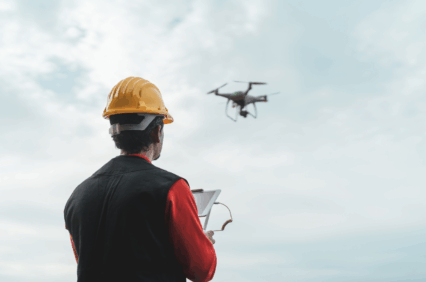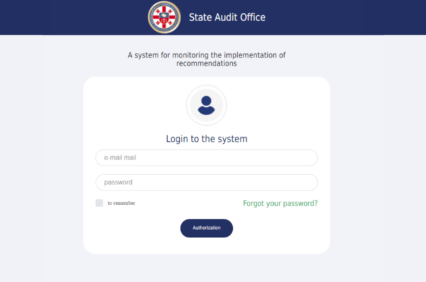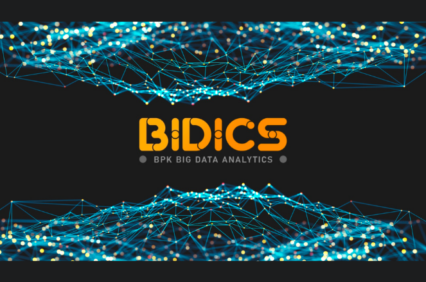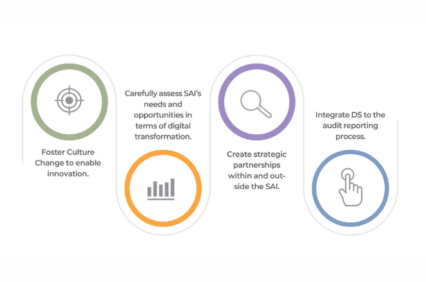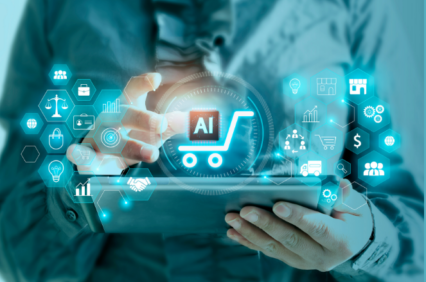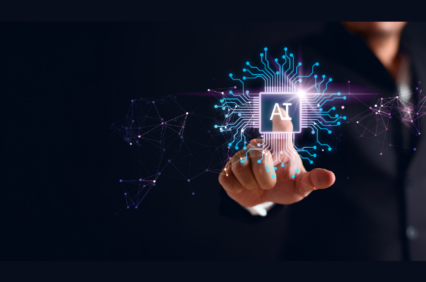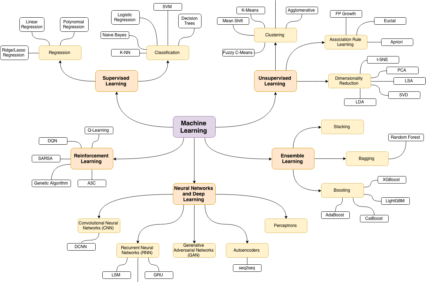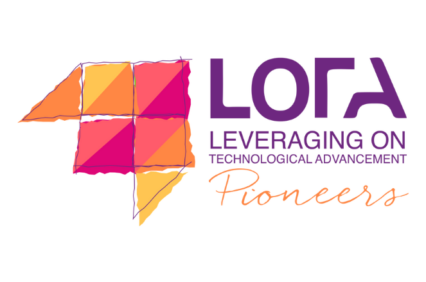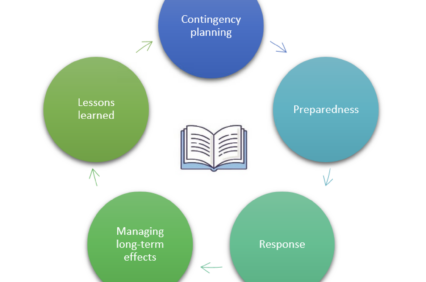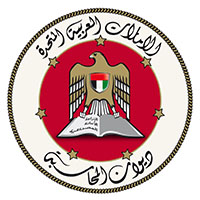In the ever-evolving landscape of financial auditing, the integration of technology has become not just advantageous but essential. This article explores how the use of drones in financial audits, particularly by the São Paulo Municipality Court of Accounts (TCMSP), can enhance accountability and improve the integrity of public resources. The focus will be on the assertion of integrity as cited in International Standards on Auditing (ISA) 315 (Identifying and Assessing the Risks of Material Misstatement), specifically regarding the accounting cycle of real estate assets. The case study illustrates a pragmatic approach to auditing that not only adheres to established norms but also introduces innovative methodologies to address significant issues in public financial management.
Tag: science and technology
Filter By:


